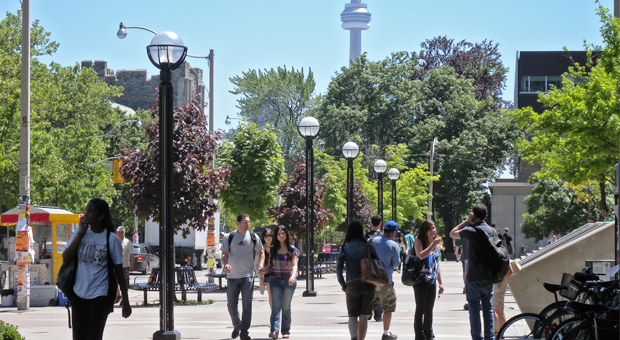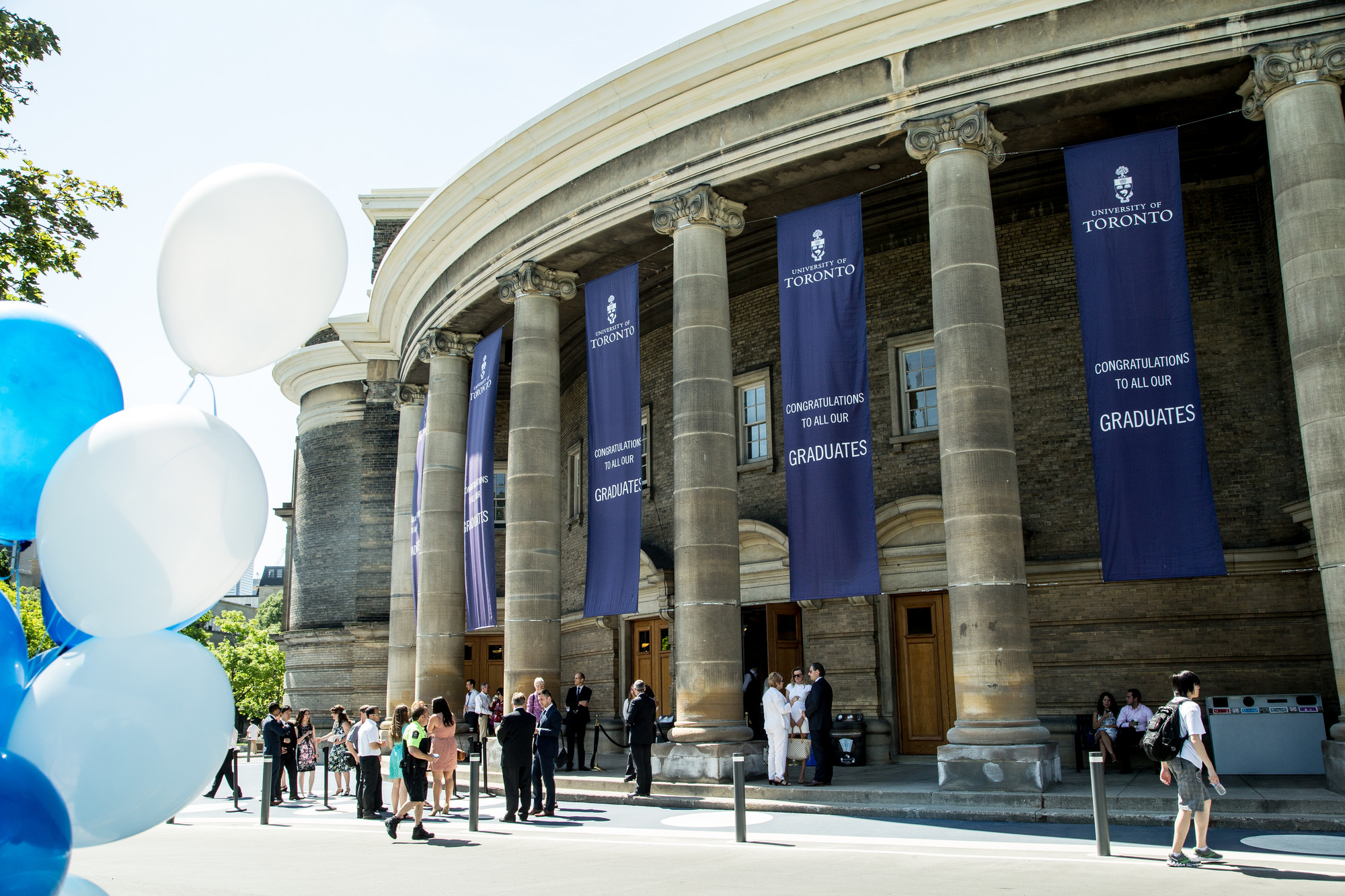
By Anusha Arif, Writer
Students at UofT desire a place to relax, grab a coffee, and sit with friends in an informal setting. According to the National Survey of Student Engagement, 35 % of students at the Faculty of Kinesiology and Physical Education (KPE) want more informal gathering spaces. They are not alone: through surveys and meetings, students at other departments have expressed a similar desire. To meet this need, KPE is working with the Innovation Hub to uncover what draws students to such spaces and to create design principles that will help with the renovation of the Clara Benson Pool Gallery into a Chill Spot for students to relax, connect, and de-stress.
Chill Spots started as one of the five “Big Ideas” from the first year of the Innovation Hub, and they have become an important priority at UofT, as seen from the Provost’s recent call for applications to the Student Space Enhancement Fund. We hope that the insights from this project will be useful for other KPE space projects and Chill Spots designs in the future.








